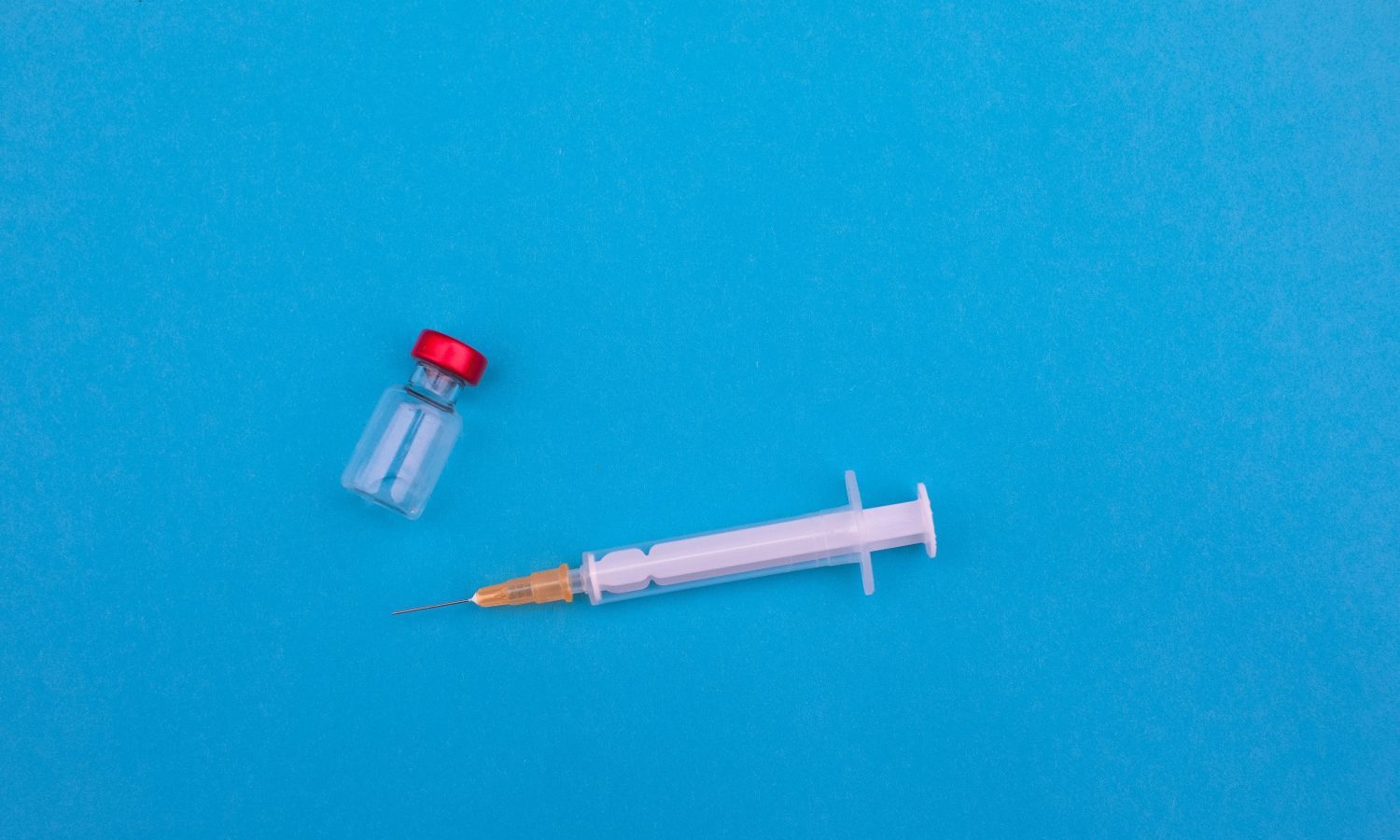
The pandemic has been rough on all of us and vaccines are the way out of this year-long misery. So naturally, they’re the hottest commodity around. But as more and more people become eligible for the vaccine, appointments are getting hard to come by. When you actually get one, don’t let it go to waste by not giving your body the necessary tools it needs to benefit from the shot.
The CDC posted some guidelines you should follow once you snag an appointment to get the maximum benefits.
Don’t take over the counter medications ahead of time
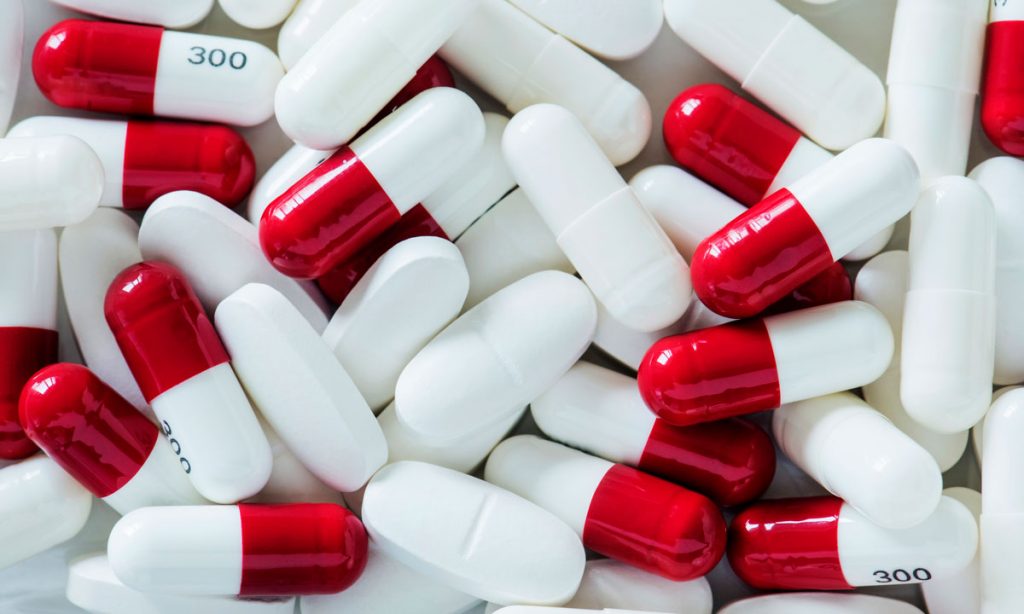
It may seem natural to take a couple of ibuprofen or Tylenol ahead of your appointment in order to prevent strong symptoms. But you shouldn’t do this. While it’s not a big deal if you do, drugs like ibuprofen might limit your body’s response to the vaccine, preventing a more robust response from your immune system. While no one wants to feel crappy, if you do, it likely just means your vaccine is working and your immune system is fighting it off in order to build a better response to it.
Don’t force yourself to remain active

RELATED: What’s The Deal With The AstraZeneca Vaccine?
Vaccines can feel pretty crappy and you shouldn’t force yourself to stay active or go for a workout. Listen to your body and give it what it needs, even if this means a full day of naps and Netflix. Hopefully your vaccine appointment lands on a Saturday.
Don’t get other vaccines
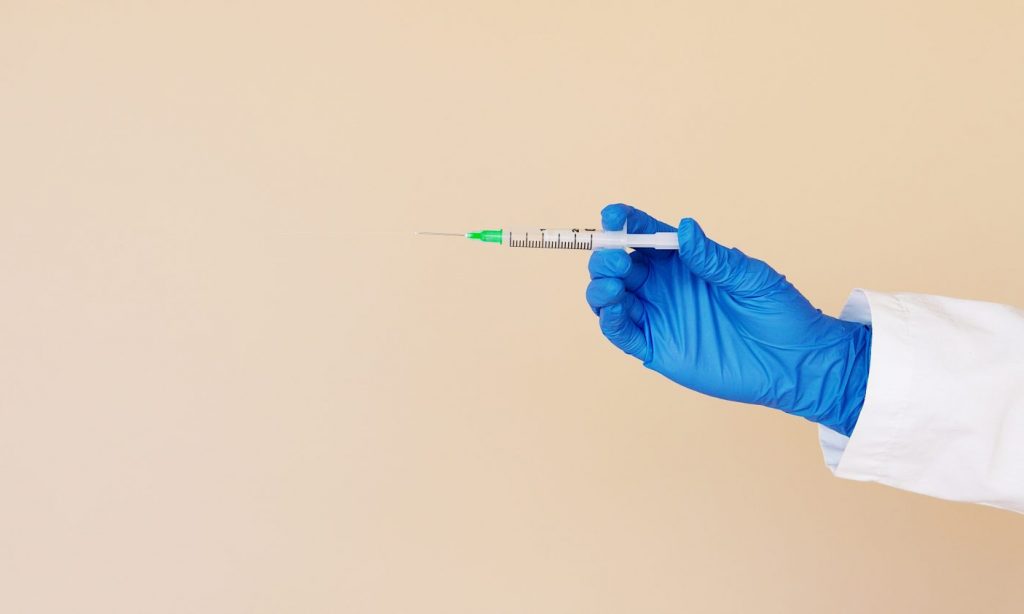
While the COVID-19 vaccine is safe, it’s still pretty new. There’s not enough data out there to inform officials on whether or not it’s safe to have in your body if you were to get a flu shot around the same time.
Wear clothes that allow upper arm access
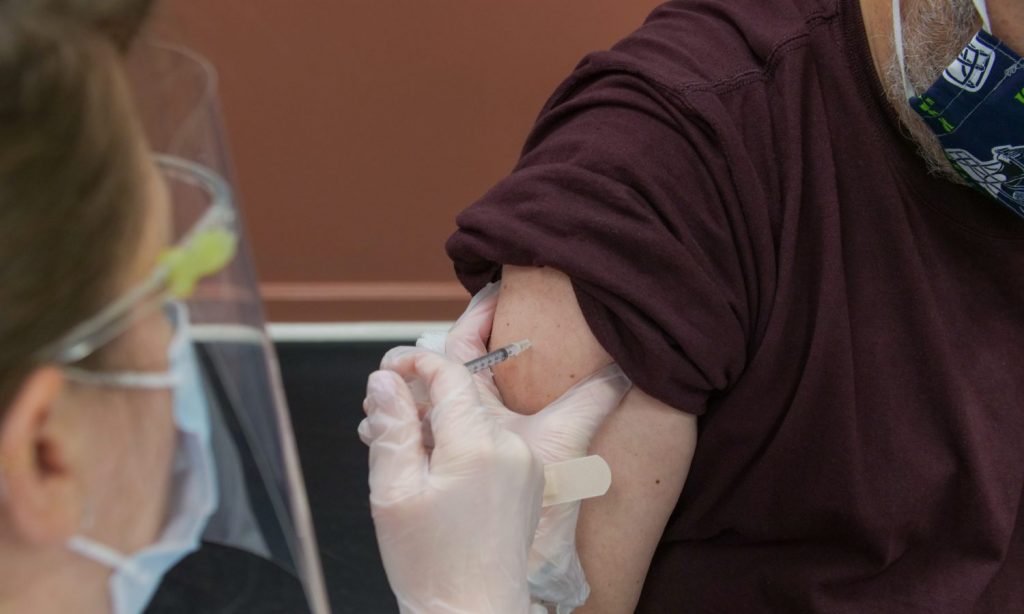
Now that spring has commenced, you’re more likely to wear comfier clothes for your vaccine appointment. Avoid wearing anything that’s too tight or that doesn’t allow for the sleeve to roll up. When in doubt, just look to Dolly Parton’s vaccine outfit.
Keep yourself hydrated
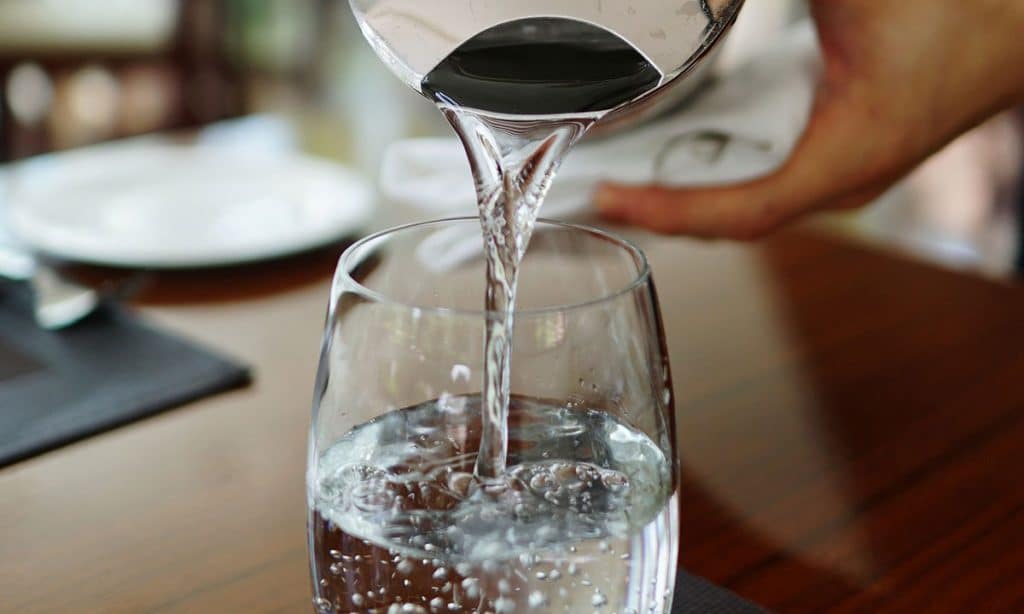
RELATED: COVID-19 Vaccine: Why Are Women Experiencing Worse Side Effects Than Men?
Hydration is always important, especially 1) when you’ve been vaccinated and 2) if you’re experiencing flu like symptoms. Water will help your immune system process the vaccine by developing a better response to it and helping you cope with the loss of water that could occur with a fever.
Keep your vaccination card safe
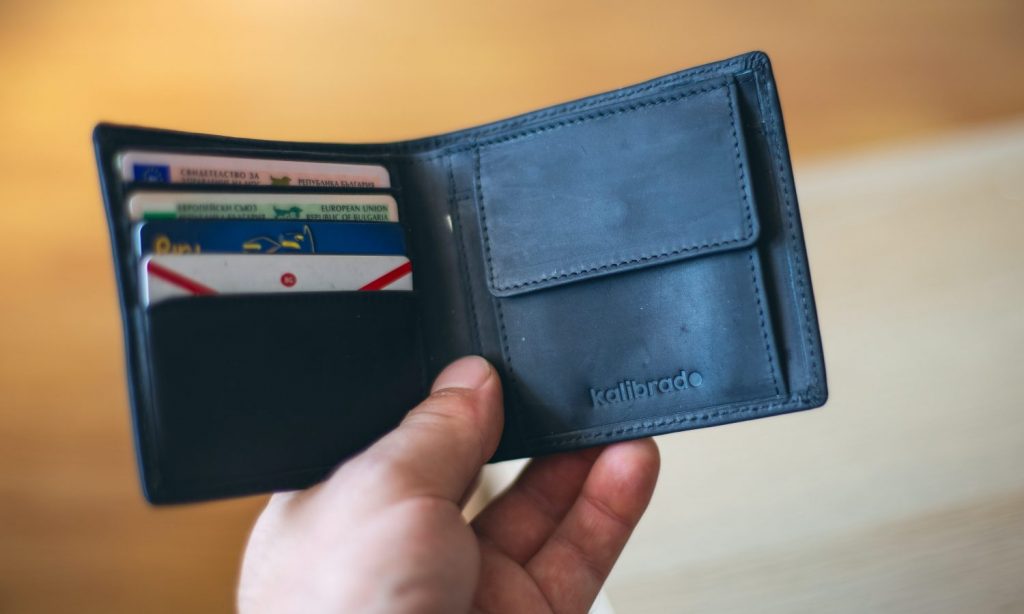
While the introduction of vaccine passports is only a matter of time, it’s important to keep your vaccination card safe — you’ll need it in order to get your second shot. The CDC recommends laminating it or taking a photograph of it, that way you can always have that backup.



